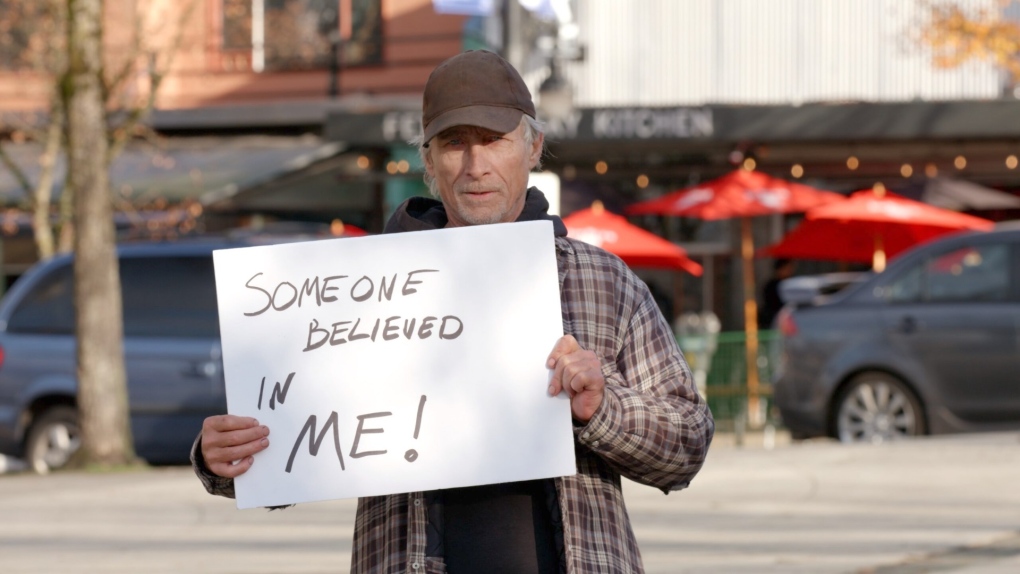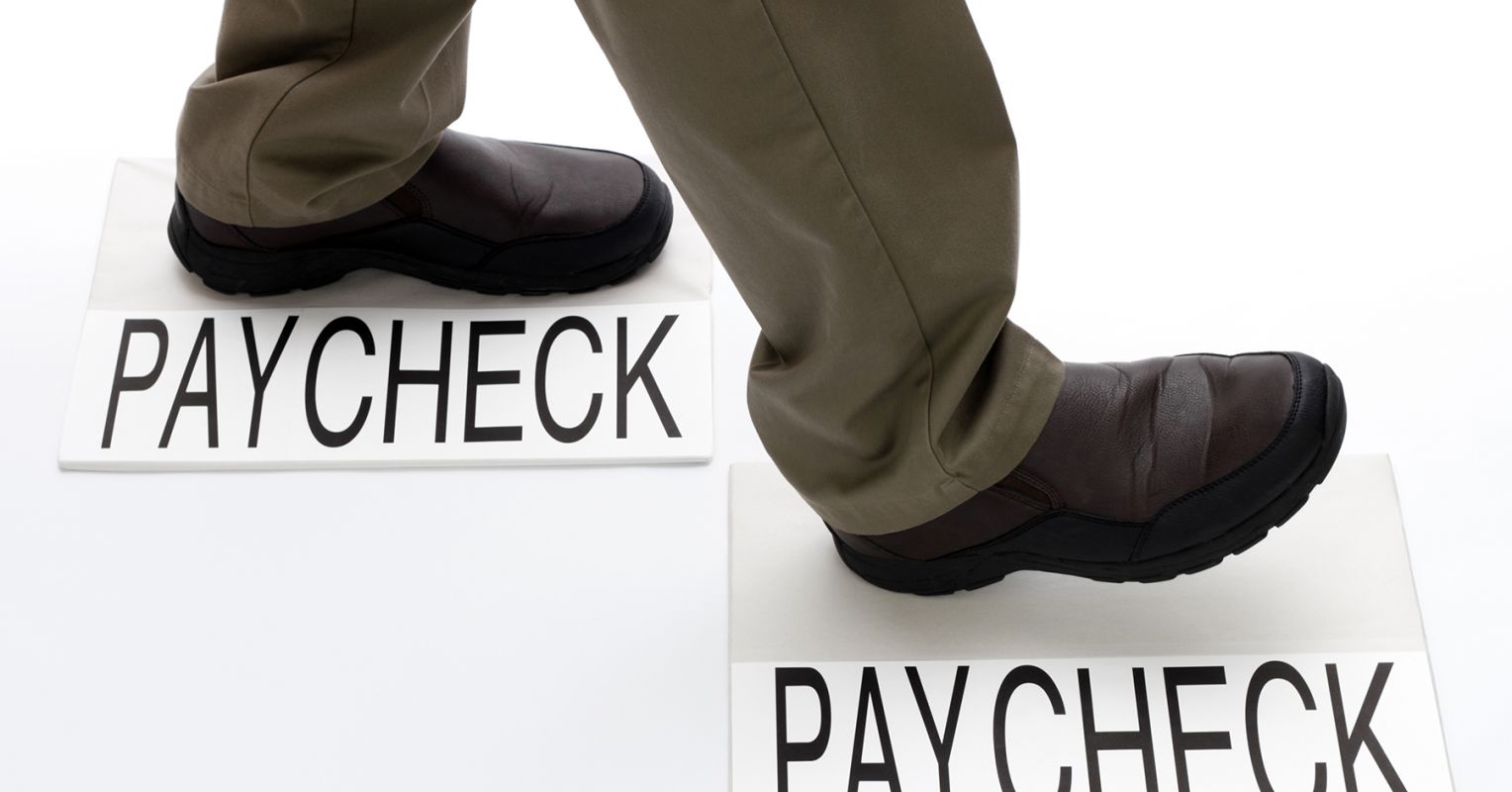
A B.C. study gave 50 homeless people $7,500 each. Here's what they spent it on.
A new B.C.-based study undercuts the persistent stereotype that homeless people can't be trusted with cash, according to the lead researcher who says it also highlights a different way to respond to the crisis.
A B.C. study gave 50 homeless people $7,500 each. Here's what they spent it on.
Lisa Steacy
CTVNewsVancouver.ca Reporter
Updated Aug. 30, 2023 10:54 p.m. EDT
Published Aug. 29, 2023 5:56 p.m. EDT
A new B.C.-based study undercuts the persistent stereotype that homeless people can't be trusted with cash, according to the lead researcher who says it also highlights a different way to respond to the crisis.
Dr. Jiaying Zhao, an associate professor of psychology at the University of British Columbia, was part of a team that gave 50 homeless people in Vancouver $7,500 and then followed them for a year.
The jumping-off point, Zhao said, was a survey in which respondents estimated that if homeless people were given this amount of money, they would spend four times more than their non-homeless counterparts on so-called "temptation goods."
"People in general don't trust those in homelessness. We think that when we give homeless people money they're going to squander it on drugs and alcohol. That's a deeply ingrained distrust and I think it's unfair and it's not true," Zhao told CTV News.
This distrust – along with stereotypes about who becomes homeless, how and why – is partly why there is widespread resistance to the idea of a potential policy solution that would provide no-strings-attached payments.
"The cash transfer is such a no-brainer. But nobody is willing to try it," Zhao said, explaining why she felt so strongly that it was important to do this particular study of spending.
"We spend billions in a year to manage homelessness and that investment is not getting good returns, because the homelessness crisis is only growing."
So what did the research show?
"When we talk to these people, they know exactly what they need to do to get back to housing and they just don't have the money," Zhao said.
"They did not spend more money on alcohol or drugs, contrary to what people believe, and instead they spent the money on rent, food, housing, transit, furniture, a used car, clothes. It's entirely the opposite of what people think they're going to do with the money."
The participants who were given cash were compared with 65 homeless people who did not get the payment. Those who got the payment did not spend more money on "temptation goods," spent 99 fewer days homeless, increased their savings and spent less time in shelters which "saved society" $777 per person, according to a news release from UBC.
The study did not include people who are street-entrenched or who have serious addictions or mental health issues, Zhao noted, adding people who fit that criteria do not make up the majority of homeless people.
"Homeless people are not that different from us. Something terrible happened and they had nothing to fall back on," she said, citing eviction or the loss of a job due to illness or accident as some examples of how people lose their housing and struggle to find somewhere else to live – particularly in a rental market like Vancouver where prices are sky-high and vacancy rates are low.
The exclusion of people who are most visible and often described as the "hardest to house" is something Zhao says is a weakness of the study, because it means there is no data on how or whether cash transfers would be similarly effective for this population, nor is there any evidence about how they would spend the money if it was provided.
"We don't know, there's no evidence, and this is something to consider," she says.
Still, Zhao says having data on how people who did get the money actually spent it is something she thinks will help counteract stereotypes, increase empathy and potentially get skeptics and the public on board with the idea of providing cash transfers.
Now that the study is complete, the plan is to replicate it and expand it to other cities in Canada and the U.S.







